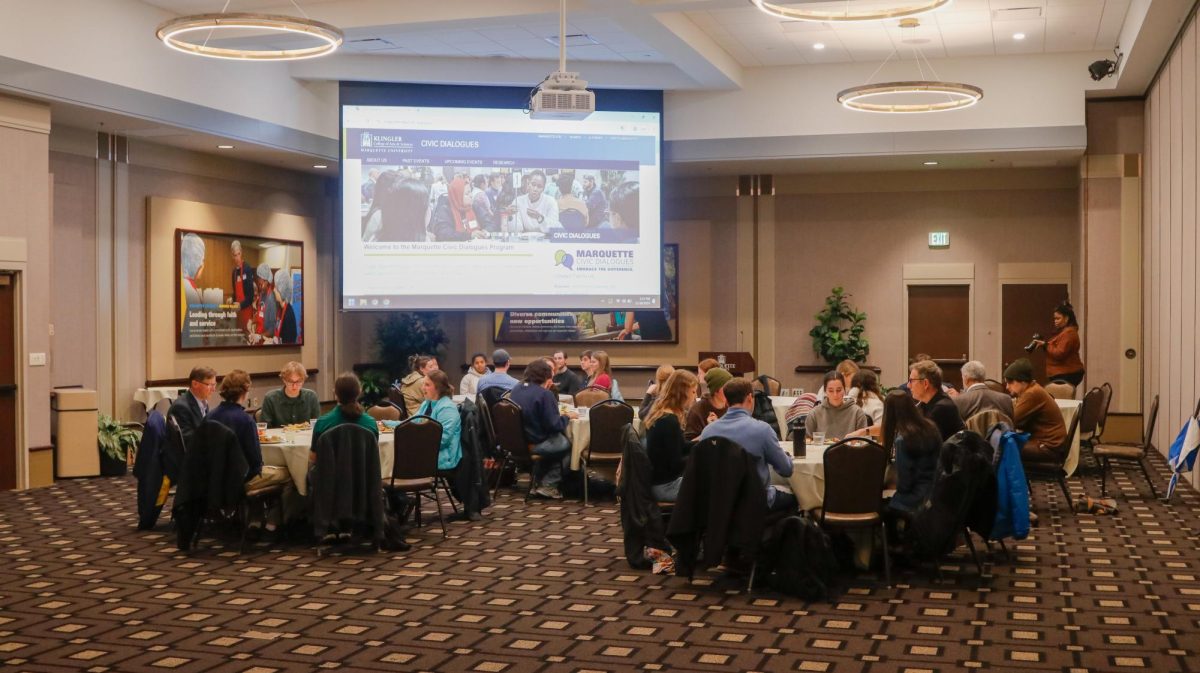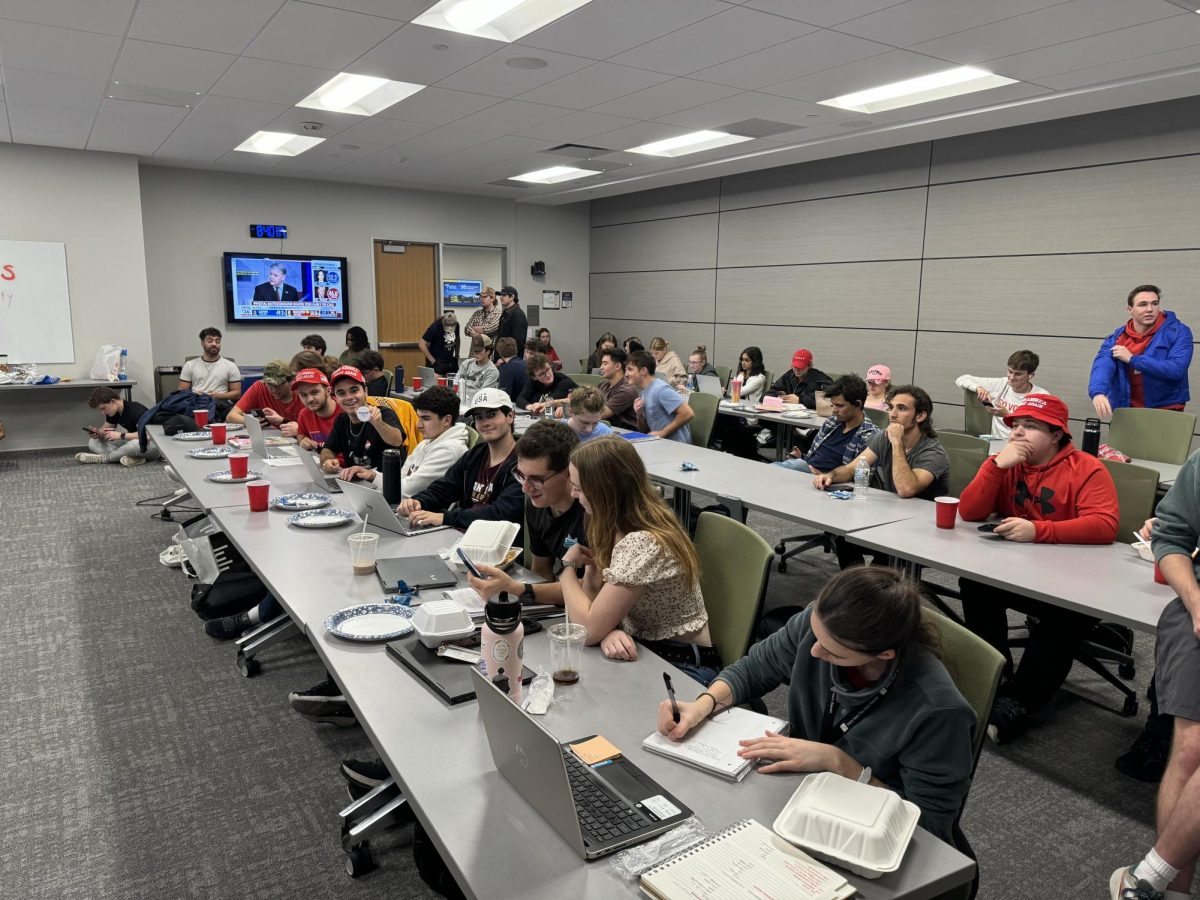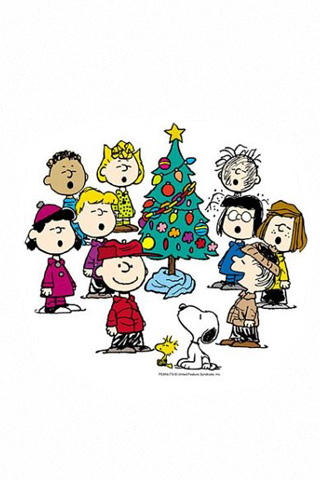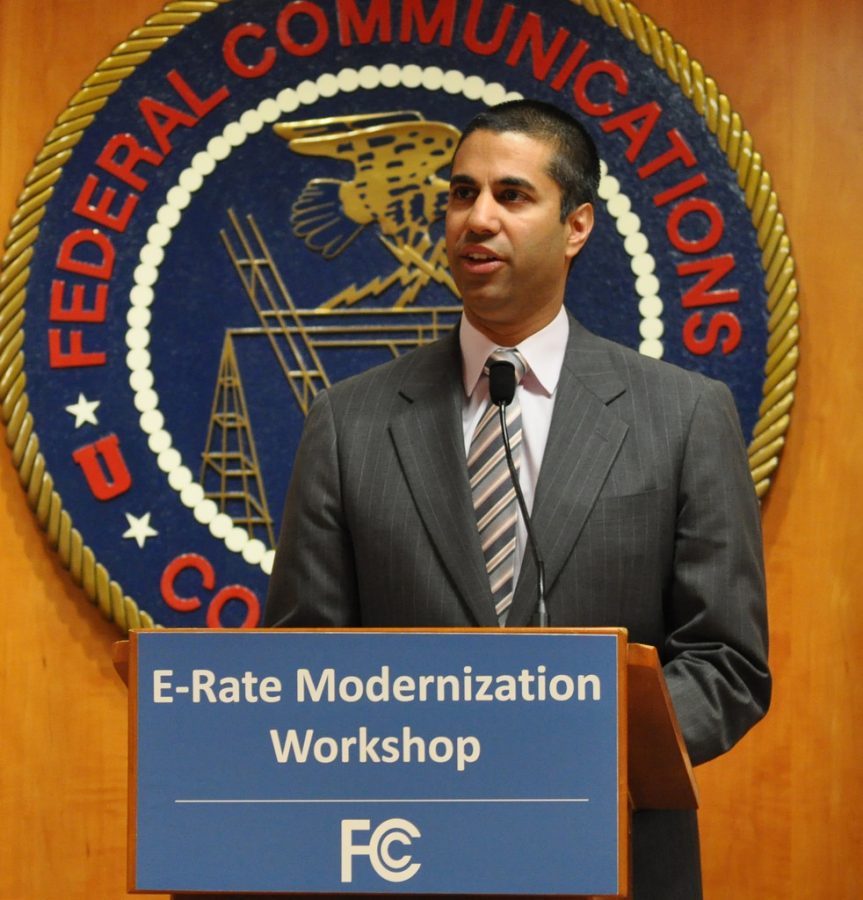
Between Bernie Sanders getting photoshopped into Drake’s “Hotline Bling” music video, and Donald Trump actually recreating it for Saturday Night Live, Internet pop culture has done some interesting things to our perception of politics and politicians.
Love him or hate him, President Barack Obama has been one of the Internet’s favorite sons for the past eight years, and both Donald Trump and Bernie Sanders have joined him in the “dank-meme” hall of fame.
The driving force behind these internet superstars? Social media. Facebook, initially meant to serve college students, has expanded into an international and intergenerational communication tool, with Instagram, Twitter, Vine and the like following suit.
Social media has become such an integral part of our lives, directly affecting the way we perceive the world – so much so that a lot of citizens use it as their number one source for news.
According to a Pew Research Center study conducted in 2014, 56 percent of American adults use Facebook, and 30 percent consider Facebook to be their number one source for obtaining news. I’m sure if the study was conducted today, that number would be dramatically increased.
Maybe our generation is just funnier than our ancestors, or maybe the Internet has enabled us to become the comedians we were always born to be. Whatever it is, it’s creating in us a sense that everything can, and should, be mocked. I have seen jokes about race, rape, terrorism and a million other equally offensive things on the Internet.
I’m not saying politics are sacred, or that they’re no laughing matter. What I am saying is that we should know when to make the joke and when to take what’s going on seriously.
The factual information that we see doesn’t paint a holistic picture of current events either. Facebook allows its partners to directly target content at users based on their Internet browsing histories, so the content we see is specific to only us.
Even if Facebook wasn’t targeting ads, we ourselves can be selective in the information that appears in our newsfeeds. If an online friend or follower posts something I disagree with, I can remove the post from my timeline.
Now not only is the news people see selective, but people can add their own comments. As a journalism major, the idea of citizen journalism scares me. I’m paying $45,000 a year to learn how to research, vet, fact check and double fact check. But, social media changes the dynamic when people can say whatever they want and don’t have to fact check a single thing.
People become living room political analysts, and they don’t need to prove themselves credible. They only need to make enough rational sense to get a few shares or re-tweets.
This dilettante approach to politics has been a key factor in Donald Trump’s success. His supporters are only seeing finely curated posts that pose no opposition to his stances.
Those who disagree are too busy photo-shopping an orange over his face to notice that not everyone thinks this guy is a joke. Yes, I think Donald Trump is just a punchline to a really offensive joke, but he’s also the Republican presidential hopeful who is leading the race for the party’s nomination.
Of course Trump’s rise is terrifying, but perhaps what’s more terrifying is the fact that we, as citizens of the computer age, have enabled his rise. It all feels very much like the preface to a dystopian fiction novel.
I’m not asking anyone to stop posting “excellent” memes about Donald Trump’s hair, but I am asking that once the joke has been made, we acknowledge this as a serious matter. Maybe you hate politics, but that doesn’t really matter because it’s part of your life whether you choose to recognize it or not. Take it seriously once in a while.










